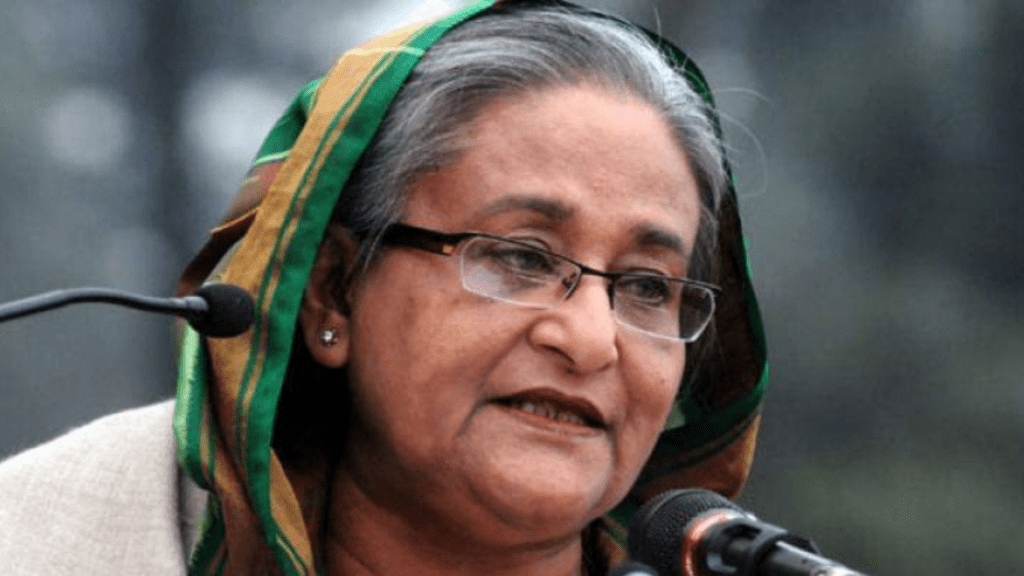Who is Waker-Us-Zaman: General Waker-Us-Zaman came to the attention of the public just over a month after taking over as head of the Bangladeshi army when he announced Prime Minister Sheikh Hasina’s resignation. Hasina left the country on Monday.
In a broadcast speech, Zaman stated that an interim administration would be created following talks with all political parties. It was unclear what part the army would play. Zaman said, “We will now go to the president of the country, where we will discuss the formation of the interim government, form the interim government and manage the nation.”
Protests and violence broke out in Bangladesh last month in response to demands by student organisations to remove a contentious quota system for government jobs. This developed into a drive to remove Hasina, who has been in office for 15 years and was just elected to a fourth term in a row in January.
There have been close to 250 fatalities due to the violence. On June 23, Zaman, 58, took over as army chief for a three-year term, which is the typical tenure for the role. His wife, Sarahnaz Kamalika Zaman, is the daughter of General Muhammad Mustafizur Rahman, the former army chief from 1997 to 2000. He was born in Dhaka in 1966.
According to the Bangladesh Army website, Zaman has a Master of Arts in Defence Studies from King’s College, London, and a Masters degree in Defence Studies from the National University of Bangladesh. He held the position of Chief of General Staff for just over six months before taking on the role of army chief. In this capacity, he was in charge of budgetary matters, military operations and intelligence, and Bangladesh’s participation in UN peacekeeping missions.
He has also collaborated closely with Hasina during the course of a 35-year career, having worked as the prime staff officer at the Prime Minister’s Office’s Armed Forces Division.
The army website stated that Zaman has also been linked to the army’s modernisation. Zaman called on army forces to ensure the security of people’s lives, properties, and significant state institutions as protests shook the nation once more this month.
(with inputs from Reuters)

